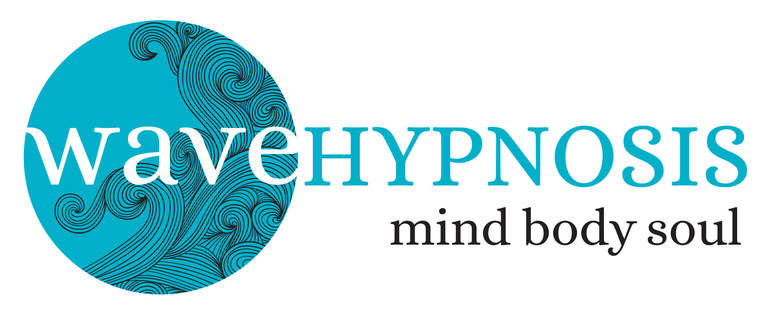The Evidence for Hypnotherapy:
A substantial amount of research exists that demonstrates the efficacy of hypnosis in helping to treat many conditions.
Acute and Chronic Pain, Anxiety, PTSD, Depression, and Irritable Bowel Syndrome all have strong evidence for the use of hypnosis as a treatment.
Some recent examples of this evidence include:
A substantial amount of research exists that demonstrates the efficacy of hypnosis in helping to treat many conditions.
Acute and Chronic Pain, Anxiety, PTSD, Depression, and Irritable Bowel Syndrome all have strong evidence for the use of hypnosis as a treatment.
Some recent examples of this evidence include:
- Irritable Bowel Syndrome: Gonsalkorale WM, Miller V, Afzal A, Whorwell PJ. (2003), Long term benefits of hypnotherapy for irritable bowel syndrome. Gut 2003;52:1623–9. Search PubMed
- Pain Management: Elkins G, Johnson A, Fisher W. (2012), Cognitive hypnotherapy for pain management. Am J Clin Hypn 2012;54:294–310. Search PubMed
- Labor and Delivery Pain: Landolt AS, Milling LS. (2011), The efficacy of hypnosis as an intervention for labor and delivery pain: a comprehensive methodological review. Clin Psychol Rev 2011;31:1022–31. Search PubMed
- Literature review of the evidence-base for the effectiveness of hypnotherapy: Davis, E., (2015), Literature review of the evidence-base for the effectiveness of hypnotherapy. Melbourne: PACFA.
- Paediatric Peri-Operative Care: Laing R, Cyna A. (2017), Hypnosis and communication in paediatric peri-operative care. Australasian Anaesthesia 2017; 273-279. http://www.anzca.edu.au/documents/australasian-anaesthesia-2017.pdf


